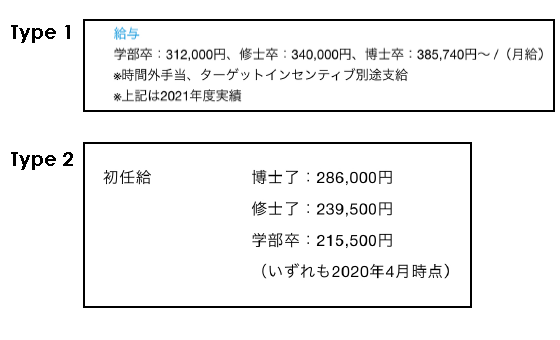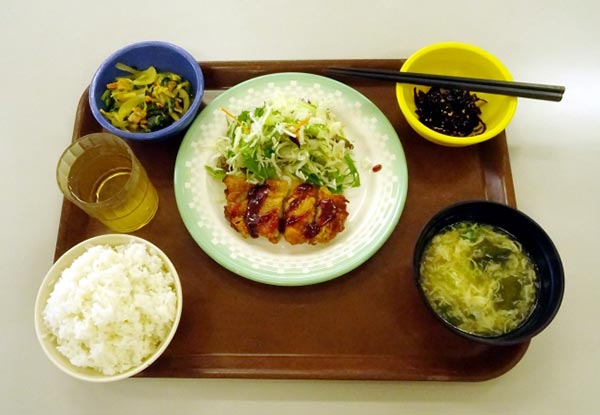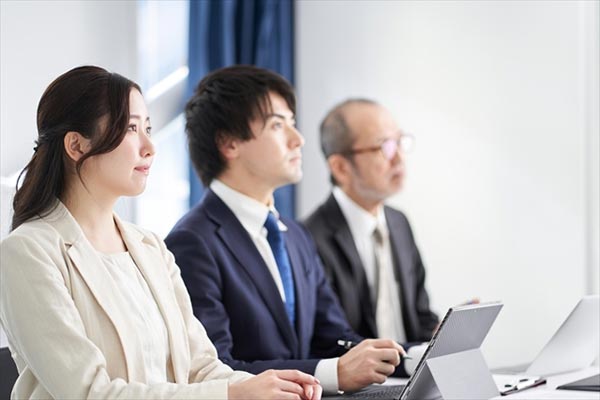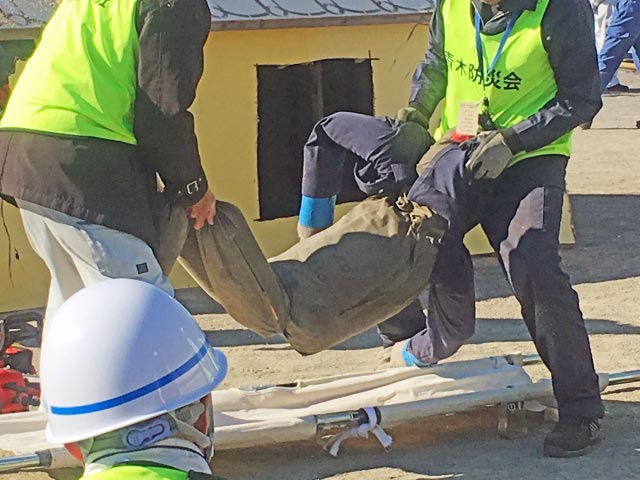Sakura Mentor
How Is Working Life in Japan? - Part 2
Ha Hoang
Updated in December 2022
This is the 2nd and also last part of working life in Japan. Again, every company is not the same, but nevertheless I hope you could have some references about working life in Japan.
5. Housing/company dormitory
Most companies will offer housing/dormitory with a discounted price for a few years after you join company. Some companies offer 3-5 years, some offer until you reach age of 30 or 35. Depending on your married status (single, married, married but live alone), the offer period might be different. In some special case like you are transferred to other work location, companies might offer housing until you get retired.
6. Overtime working and additional payments
It is generally known that overtime working will be paid. However, how it is paid depending on company. When I did job hunting, I saw 2 types of company that offer different starting salary for new graduates (for instance, for master’s degree type 1 offers 34万円/month while type 2 offers 24万円/month). I was wondering why it is a huge difference like that although both companies still offer housing, commuting pass, health insurance… Recently, I discovered that in type 2, after 8-hour-working, the additional working hour will be counted and you get paid. In contrast, type 1 only pays for over working hour after 22:00, it means if the fix working hour is 9:00 to 18:00 and you work until 21:59, there is no extra payment for overwork from 18:00 to 21:59. That’s interesting point, and I hope you can consider that when choosing a company.

7. Fancy working place (cafeteria, shuttle bus, common umbrellas)
Before joining company, I expected that I had to go out the office building to get lunch and cafeteria would be a separated building. Luckily, it was so nice that cafeteria is located in the same office building, just different floor, so I don’t have to worry if the weather is rainy or snowy.
Since my working place is large, to move between buildings, I can choose to walk or take a shuttle bus. On rainy day, common umbrellas are provided. On winter day, common jackets are provided. It’s so great that company provides as much as possible to creat a convenient workplace for employees.
 Photo AC: maroke
Photo AC: maroke Photo AC: Inushita
Photo AC: Inushita8. Studying
I thought that working in company means I don’t have to study anymore. In fact, studying is mandatory and many courses are required over the time. Sometime it is to study company’s compliance, sometime it is knowledge or skills related to work, sometime it is personal growth course (business management, negotiation…). And I realize that when company hires you, it costs them a lot to train human resources.

9. Annual health check
In my company, I totally have health check twice a year. One is main check that takes more than 1 hour (X-ray, ultrasound, breast cancer examination…) and one is minor check that is similar to what I had experienced in university before. For people over 35 years ago, they are even required to take many additional tests (CT scan, gastroscopy…).
10. Benefit programs (cafeteria point, discount coupons…)
Company often offers many discount coupons to go shopping or discounted tickets (universal studio, Disney land, concert…). These discounts seem to benefit more for people have family rather than single one.
In addition, every year, I also get cafeteria point that can be used to shop at some special website.
I enjoy shopping with my cafeteria point very much.
11. Evacuation drills
When I was student, school held fire evacuation drill very summer. However, because it was in summer vacation, not many students attend that and I even didn’t care. On the other hand, in company evacuation drills are mandatory, which is held twice a year during work hour, and every one has to participate. The assumption of evacuation each time is different, it might be earthquakes, fire from ground floor or top floor, chemical leaks… Before I came Japanese, sometime I was afraid of natural disaster like earthquake or tsunami. But now, from those evacuation drills, I realize that though it is difficult to stop disasters, we can learn how to handle situations when it happens to reduce injuries and death.








